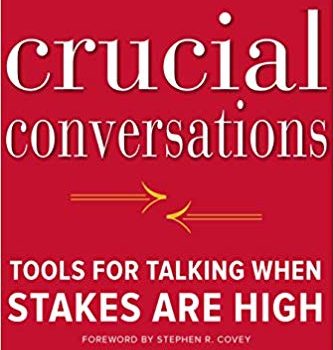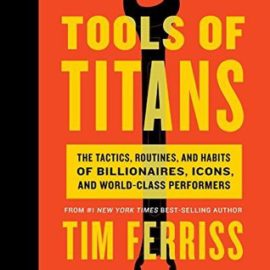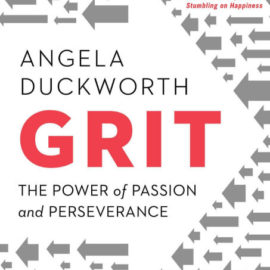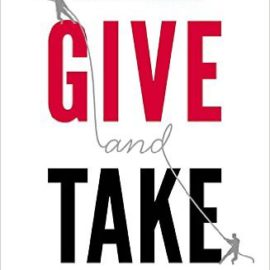
Want to learn the ideas in Crucial Conversations better than ever? Read the world’s #1 book summary of Crucial Conversations by Kerry Patterson, Joseph Grenny, Ron McMillan, Al Switzler here.
Read a brief 1-Page Summary or watch video summaries curated by our expert team. Note: this book guide is not affiliated with or endorsed by the publisher or author, and we always encourage you to purchase and read the full book.
Video Summaries of Crucial Conversations
We’ve scoured the Internet for the very best videos on Crucial Conversations, from high-quality videos summaries to interviews or commentary by Kerry Patterson, Joseph Grenny, Ron McMillan, Al Switzler.
1-Page Summary of Crucial Conversations
Overview
Kerry Patterson, Joseph Grenny, Ron McMillan and Al Switzer wrote a nonfiction book called Crucial Conversations. It’s about the three defining characteristics of crucial conversations: high-stakes topics that are emotionally charged. The authors found that their research on individuals who were effective influencers could be linked to crucial moments in organizations.
The authors describe times when people made the wrong choice in conversations. They explain how to be honest and direct, even in risky situations, without hurting someone’s feelings or angering them. Honest communication can improve performance, boost morale, and increase well-being for both parties involved in a conversation.
Key Takeaways
Some people have a hard time talking in high-pressure situations. This can lead to poor performance, strained relationships and even physical health problems.
There is a perception that people need to be dishonest in order to avoid conflict. This is not true. In business settings, anyone who has the need for a crucial conversation should initiate it, regardless of rank or position. The goal of this dialogue isn’t to convince the other party that you’re correct; instead, it’s about creating shared meaning with input from all parties involved.
Safety is critical to a healthy conversation. When people don’t feel safe, they usually choose to remain silent or act out in some way.
When a conversation gets off track, it’s important to get back on track. One way to do that is by apologizing for any disrespect or lack of shared purpose and then contrasting what you should be talking about with what the other person wants to talk about. Finally, set a mutual goal so that everyone can work together toward a common outcome.
When you’re in an uncomfortable situation, if you aren’t clear about your intentions and don’t stay on topic, the conversation won’t go well. To approach a sensitive situation or talk to someone who’s upset with you, share what you want to say and why it matters, ask for feedback from that person and give them time to respond (open-ended questions), then summarize what they’ve said so far.
Key Takeaway 1: Handling a high-pressure or high-stakes conversation well can lead to increased performance, stronger relationships, and even improved physical health.
The need to handle conversations well goes beyond the moment of the conversation. A poor or poorly handled conversation can have a negative impact on your relationships, both in life and at work. When you communicate effectively—clearly and authentically—you can empower others to be fulfilled.
Recent statistical evidence suggests that healthy communication is essential for a happy marriage. In the Journal of Family Psychology, researchers reported that couples who were able to sustain their marriages beyond ten years had good communication skills. Couples who divorced did not communicate well and tended to argue often. This study also showed how compatible people can be together despite having different personalities if they learn to communicate effectively with each other.
In education, communication is a skill that students need to learn. The P21 Framework for 21st Century Learning outlines what skills and abilities are the most important for students to master. It has identified communication as one of those skills because it’s so important in today’s society.
Conversation is very important to society and interpersonal relationships. It’s remarkable when people engage in conversation, because it can change the way they see things. An example of this is a dialogue that took place between six people who had opposing views on abortion. The participants didn’t change their opinions about abortion at the end of the discussion, but they did gain a deeper understanding of each others’ points-of-view through respectful communication.





